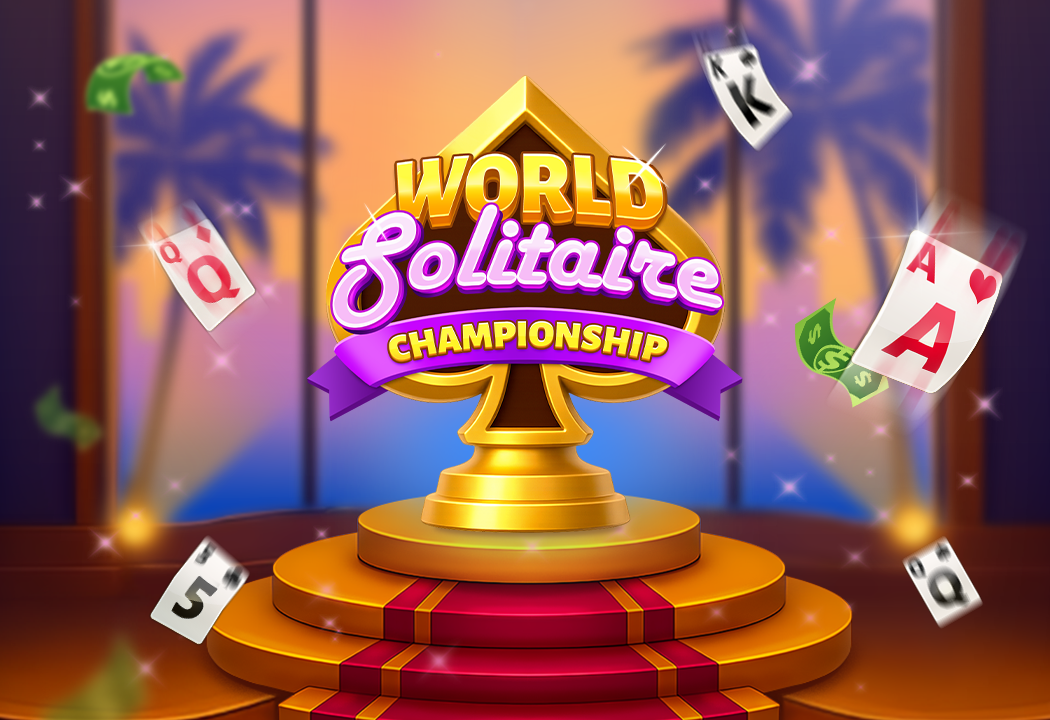Play comes naturally to children. As kids, we joke, we laugh, we create new games with our peers – and that’s fundamental to our development. But somewhere along the way, our love of play tends to dwindle and sometimes disappears entirely.
For many of us, this moment comes during adolescence – a point in our lives characterised by vulnerability, insecurity and questionable decision-making. In our teenage years, the value of play gets lost and sidelined – and often we take this into our adult years. But is this good for us?
Why Play Disappears
As teenagers we start noticing what others think of us. We get self-conscious and can take ourselves a little too seriously. And that’s understandable – the teenage years are tough on everyone. Your body and brain is rapidly changing and growing up comes with pressure – a pressure to fit in, to “act your age” and to prove yourself in social contexts.
A 2015 Social Cognition journal reveals that as social awareness sharpens, play gets labeled as passé. We trade carefree fun for fitting in.
So, it becomes easy to forget the pleasure of letting loose. Playtime begins to feel frivolous, and if you add in the pressure to achieve – grades, goals, career – play falls even further behind. We’re left with the belief that it’s a distraction, but that couldn’t be further from the truth.
The Power of Play
Play isn’t just something to do – it makes us better, brighter, and bolder. One of the benefits of play in adulthood is its role in fostering authenticity. 2018 research from Elizabeth Seto & Rebecca J. Schlegel emphasises that being one’s true self is crucial for our psychological wellbeing.
Play helps us to engage in activities that align with our intrinsic interests, free from external pressures and expectations. This allows us to get to know parts of ourselves that may have been suppressed during adolescence.
The cognitive benefits of adult playtime are also significant. A 2017 Elsevier study argues playful activities vastly improve our cognitive flexibility – allowing us to adapt to new situations and think creatively. Play is important for stimulating the brain, encouraging problem-solving and sparking innovation and divergent thinking – all skills invaluable for navigating professional and personal challenges.
Emotionally, play also serves as a powerful stress reliever. It activates positive emotions, fosters social connections, and provides a break from life’s demands.
Bring Play Back
So, how can we turn back time and become playful again? Find the activities that make you smile: board games, sports tournaments or a creative activity. Play for you – try new things, break a rule or two and embrace the surprising moments.
Play on: schedule moments of fun with friends, join a team, find people you can share joy with. Life is better when we play as a group – make them part of your routine.
At Papaya, we see play as more than a simple activity; it’s a chance to rediscover the wonder of childhood and reawaken a fresh mindset. Don’t hold back – start playing today!

.svg)





